Svetlana Artikova: 16 people were arrested for torture in 2019, most of them are MIA and SSS employees
The facts related to the use of torture were confirmed, the perpetrators were brought to justice in the manner prescribed by law. As the Deputy Prosecutor General Svetlana Artikova stressed, most of the persons prosecuted were employees of the Ministry of Internal Affairs (MIA) and the State Security Service (SSS).
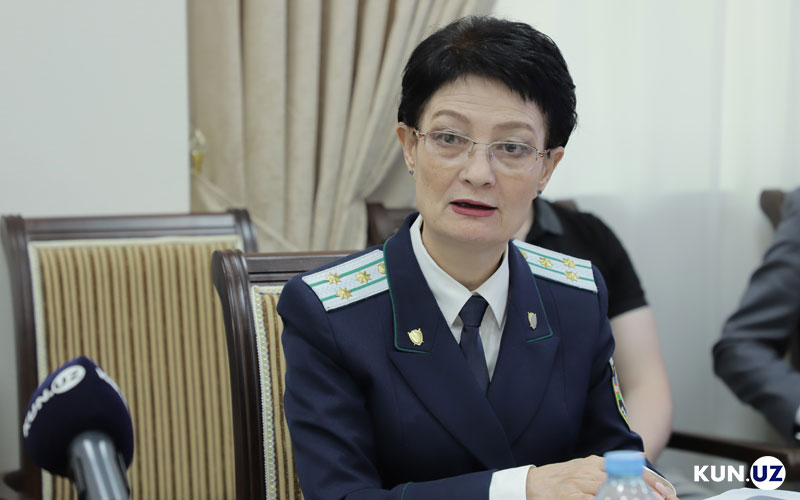
“It is quite appropriate that an increase in the facts of torture has recently worried the population. In 2017, 7 crimes were recorded in our country under Article 235 of the Criminal Code (torture and other inhuman or degrading treatment), in 2018 – 10 cases, in 2019 – 16 cases. The issue of bringing perpetrators to justice has been resolved.
The consideration of complaints about torture, as well as the carrying out of investigative actions in cases involving facts of torture, does not fully meet the requirements. Over the past three years, 757 appeals on torture, intimidation and other harassment by law enforcement officials have been received (in 2019 – 208 cases, in 2018 – 352 cases, in 2017 – 197 cases). However, the criminal cases were initiated only in 33 cases (4.4%).
If we analyze by sectors, the majority of those prosecuted in the manner prescribed by law are proved guilty of crimes related to the use of torture are employees of the MIA and the SSS. In addition, it was revealed that employees of the Department for Combating Economic Crime under the PGO and the Bureau of Compulsory Enforcement also committed such crimes,” Kun.uz correspondent quoted Svetlana Artikova as saying.
According to the Deputy Prosecutor General, the national system for the prevention of torture in Uzbekistan does not fully comply with generally recognized norms and principles of international law. This has a negative impact on the credibility of our country, as well as on Uzbekistan’s place in the international rankings and indices.
In particular, in the Human Development Index (HDI), annually published by the UNDP, the ranking of Uzbekistan over the past twenty years has not practically changed. One of the estimated indicators of the HDI is fundamental human rights, including the ratification of international treaties to prevent torture, and the level of their implementation.
“The launch in the republic of a system of maintaining a unified electronic register of persons detained in the course of conducting a criminal case has become a serious necessity. Providing compensation for material and moral damage caused to victims of torture, improving work to provide them with social, legal and psychological assistance is a requirement of the time.
Analysis in practice showed that the system of maintaining accurate statistics on compensation for harm caused to victims of torture and providing them with assistance (social, legal, psychological) was not established.
In order to prevent torture in advance, it is necessary to introduce regular monitoring visits to places of detention with coordination of the Commissioner for Human Rights (Ombudsman) of the Oliy Majlis, the National Center for Human Rights, and the representative for protecting the rights and legitimate interests of business entities under the President of Uzbekistan, and other responsible authorities.
A number of recommendations were made in the final claims of the UN Committee against Torture on Uzbekistan’s fifth periodic report, submitted on January 14, 2020. In particular, the coordination of the torture prevention system with the requirements of international legal documents, the introduction of effective legal, institutional mechanisms for the early prevention of torture, the reception and consideration of complaints about torture, rehabilitation of victims of torture were noted,” Svetlana Artikova said.
At the briefing, it was reported that in Uzbekistan over the past three years, more than 3 thousand audio and video recording devices have been installed in temporary detention facilities, pre-trial detention centers and prisons to prevent torture. 69 equipped rooms for lawyers were created in pre-trial detention centers and penitentiaries.
Related News
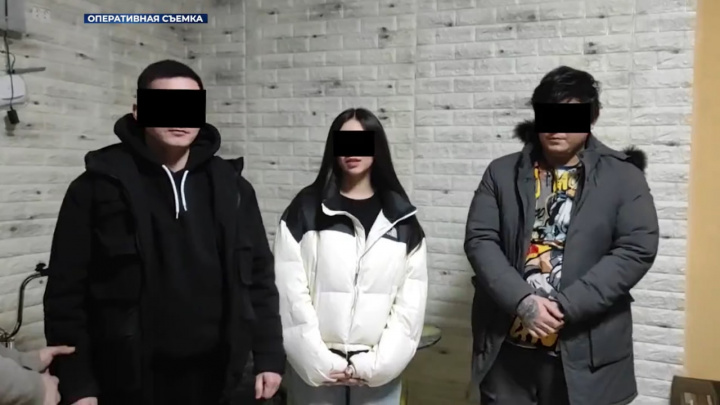
15:25
Fergana-based call center scam netted $125,000 from elderly Russians
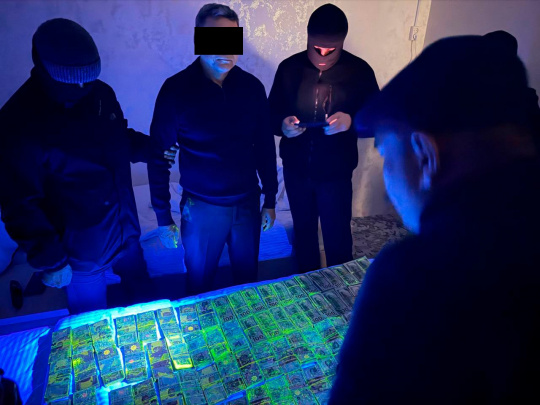
13:51 / 11.02.2026
Authorities foil $600,000 scam involving mineral-rich state land
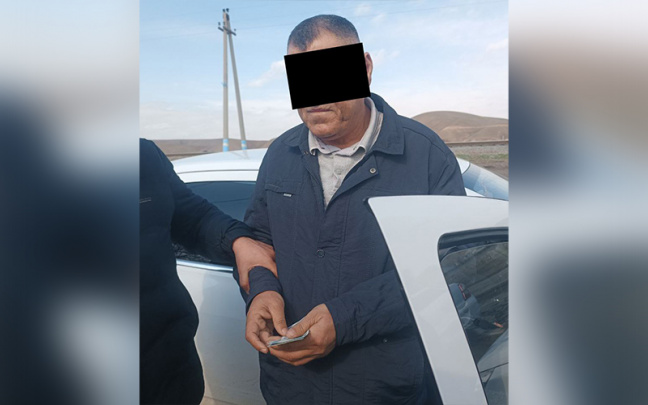
13:30 / 09.02.2026
Ecology department head detained in Surkhandarya over alleged bribery
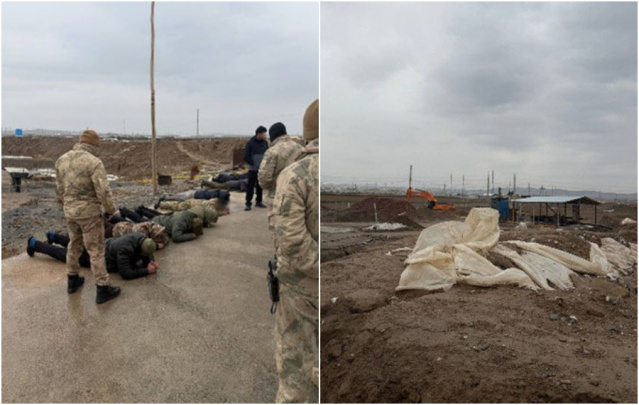
21:00 / 29.01.2026




